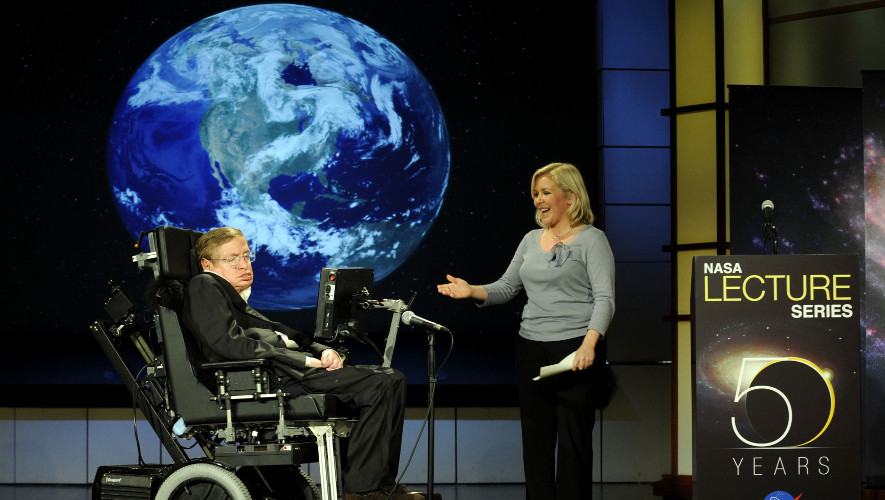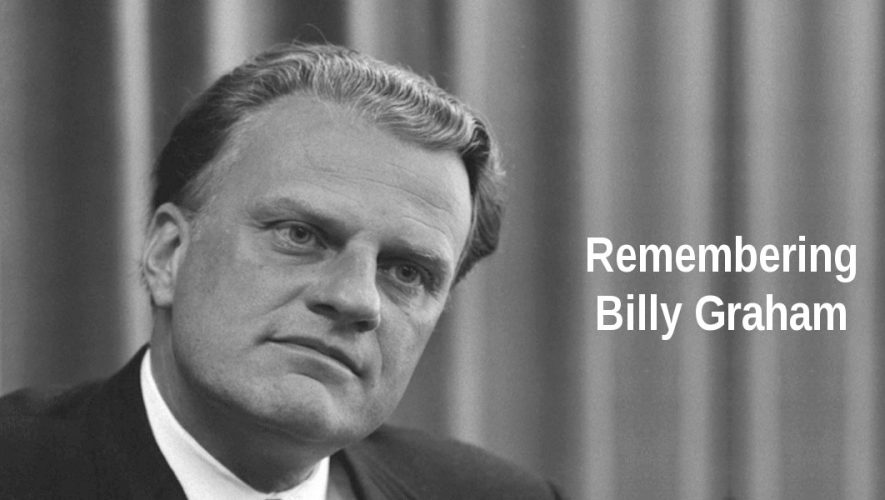Science and Christianity have always been an interesting mix. You can believe in one, or the other, or both. Hawking only believed in science. Hawking was born on 8 January 1942 and passed away on 14 March 2018. He will be remembered among both Christian and atheist communities for his known remark—“‘I’m an atheist’ because science is more convincing than God”—in 2014. His book, A Brief History of Time (1988, 1996), which explains his arguments on the existence and origin of the universe, as well as his theory on the existence of black holes and blackbody radiation (or Hawking Radiation) have made him become renowned worldwide. In 2011, he hosted the premiere episode (“Did God Create the Universe?”) of the documentary series Curiosity (Discovery Channel), where he claimed that the freest and simplest thing to do is to believe that there is no God, no creator, no heaven, and no afterlife.
Undoubtedly, Hawking was a learned and intelligent physicist. However, his entire epistemology was based on science and reason—he believed that science offers the best and the most plausible and convincing explanations for the existence of the universe. But does it? Hawking failed to realize that believing in an intelligent designer of the universe is just as sound as believing in science. He probably thought that his trust in science was merely an exercise of reason. Even so, the operative agent was still his belief and trust in his own rational mind and in science—not that science provides the best explanation, but that his trust in science convinced him that it was!
Hawking believed that quantum physics sufficiently explains that our solar system exists by natural means. He also believed in ideas such as that the “balancing theory” of the laws of inertia and gravity on moving objects would necessarily negate the existence of a supernatural force. In a nutshell, Hawking taught us that the universe is governed by the laws of science, because they can be observed and achieved by reason. It’s probably true. But upon closer examination, science actually only supplies us with an option, an alternative. It is still up to us to decide whether it is a better explanation to the universe’s existence. So again, it is not that science gives the best explanation, but that our trust in science makes us think that it is!
Christianity posits a different theory. It believes that the universe is governed by the laws of science from a human standpoint, but at the same time, it understands and recognizes that there ultimately needs a creator and intelligent designer behind its existence. Christianity also believes that reason alone, or better, the exercise of it, cannot explain the existence of the universe. Science today still cannot explain the higher functions of the brain such as memory and learning. Science can explain the neural network, activities, and processes of the human brain, and then tell us how memory works and how learning takes place. But it will never be able to explain why there is memory and learning. Learning is actually believing in something—the subject and object of your learning. If my daughter refuses to believe in the Pythagorean theorem, then she is not learning trigonometry (non-or a-trigonometry?)!
Ultimately, there are simply two basic premises that we can pick. One is to say that there is no God, no creator, no heaven, and no afterlife because science tells us so (at least as Hawking and his followers would claim). Another is to say that there is a God, a creator, a heaven, and an afterlife because the Bible tells us so. To choose one over the other simply means to believe in the premise you think and trust is the right one. But let it be known: whichever one you pick, it will always be an exercise of your innermost belief—science calls it reasoning or rational thinking, Christianity calls it faith (with rational thinking).

Dr. Hughson T. Ong is Professor of New Testament Mission and Chair of the Biblical Studies Department in the School of Theological Studies at Missional University.

